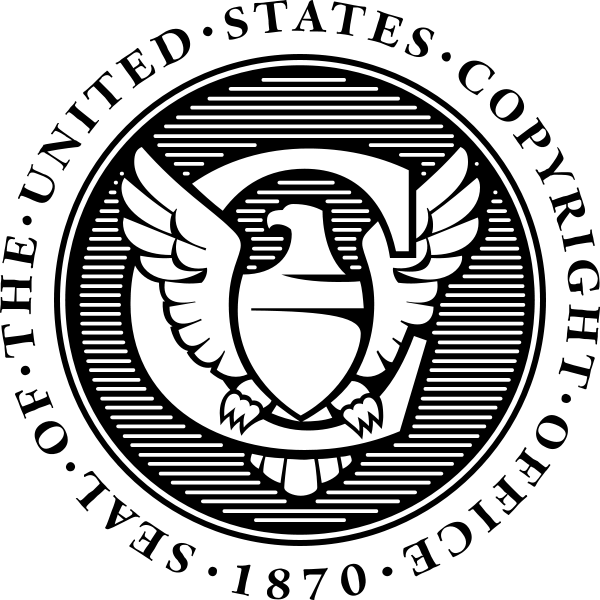 Last month many well-known popular musicians signed an open letter to Congress to express their dissatisfaction with the current Digital Millennium Copyright Act (DMCA). They contend that the portion of that law that requires a website to take down pirated materials upon notification is ineffective and makes it easy to re-post removed material. The timing of this letter was not random; the U.S. Copyright Office is currently reviewing the DMCA and was taking comments until June 24 on possible changes to the “notice and takedown” portion of that law. But not everyone agrees with the musicians.
Last month many well-known popular musicians signed an open letter to Congress to express their dissatisfaction with the current Digital Millennium Copyright Act (DMCA). They contend that the portion of that law that requires a website to take down pirated materials upon notification is ineffective and makes it easy to re-post removed material. The timing of this letter was not random; the U.S. Copyright Office is currently reviewing the DMCA and was taking comments until June 24 on possible changes to the “notice and takedown” portion of that law. But not everyone agrees with the musicians.
- Google sees DMCA notices quadruple in two years (TorrentFreak | Ernesto Van der Sar) “While Google believes that the millions of reported URLs per day are a sign that the DMCA takedown process is working properly, rightsholders see it as a signal of an unbeatable game of whack-a-mole. A coalition of hundreds of artists and music group has characterized the DMCA law as obsolete, dysfunctional and harmful.”
- The music industry cranks up the volume in its fight against YouTube (The Verge | Micah Singleton and Ben Popper) “The industry’s biggest complaint about the DMCA is that the take-down process for unlicensed content is too complicated, and even after something is taken down, it can be put back up instantly without consequence, thanks to the Safe Harbor provision that limits the liability of websites hosting stolen content uploaded by users. Changing the DMCA, and specifically the rules around Safe Harbor, could have a much broader impact than just improving business for musicians on YouTube, however.”
- US Copyright Office leads inquiry to tighten online content takedown procedure (National Coalition Against Censorship) “According to The Internet Archive, a non-profit online library of books, movies and other media, no legal action is necessary to file a successful takedown. The ‘mere accusation of guilt’ is enough. The clause evidently has a great deal of power in its capacity to silence and censor content, irrespective of whether a copyright is found to be legitimately infringed. However, a proposed change to the takedown procedure threatens not only to increase this power, but also encroach on an individual’s freedom of expression on the internet.”
- Internet Archive: Proposed changes to DMCA would make us “censor the web” (Consumerist | Kate Cox) “However, the proposal now before the Copyright Office is something even more stringent. It’s called ‘Notice and Staydown,’ and would have the effect that it sounds like: not only would the site receiving the notice have to take the content down, but they would have to assure that the work never appears on the platform ever again — from any user, in any form. The Archive runs through a list of reasons why this is a huge problem.”
Articles from Ohio Web Library:
- How quickly do internet companies need to take content down following a DMCA notice? (Journal of Internet Law, April 2015, p.1-39 | Darin M. Klemchuk and Ryan Jones)
- Digital apples and oranges: A comparative analysis of intermediary copyright liability in the United States and European Union. (Berkeley Technology Law Journal, 2015 Special Issue, p.865-898 | Ali Amirmahani)
- The rise of the robo notice. (Communications of the ACM, Sept.2015, p.28-30 | Joe Karaganis and Jennifer Urban)


